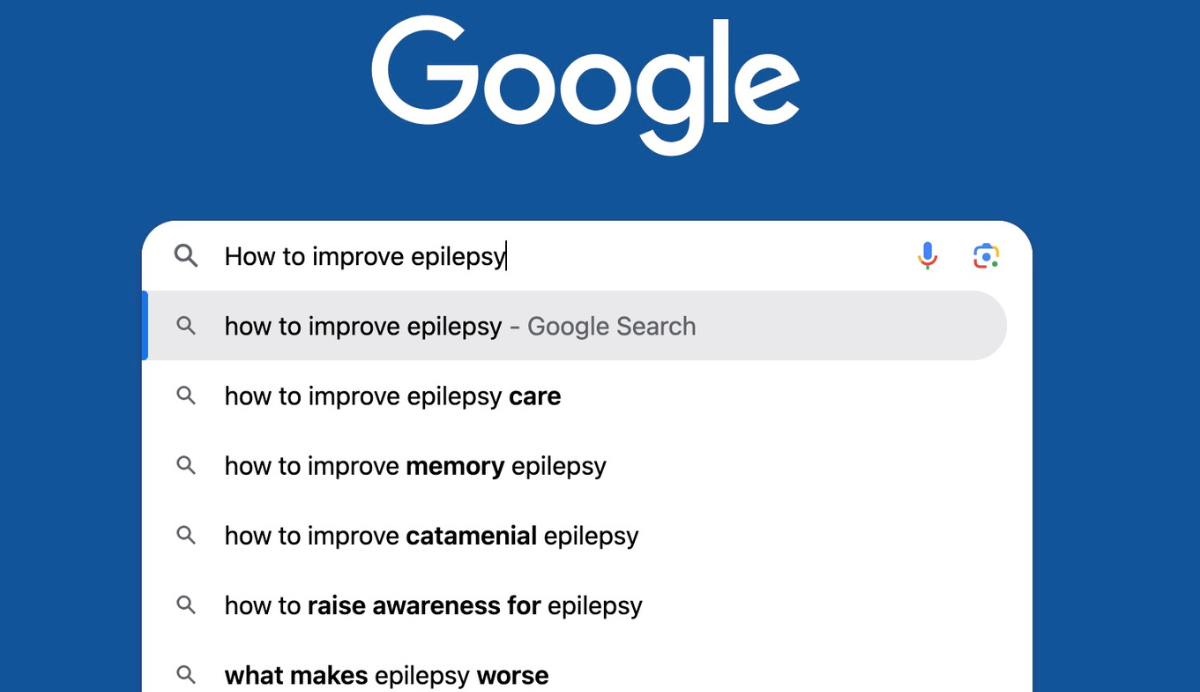On the eve of their daughter’s birthday, in August 2022, John ‘zoned out’ for a few seconds followed by a complete lapse of memory, as he was about to go and get more wood for the fireplace.
“My wife [Natasha] was with me at the time and was very worried by what happened, but I resisted her requests to go to the doctor and said I’d see how I felt the next day,” explains John.
The 47-year-old Bunbury-local said he had a similar episode the following day and, after a visit to the GP, was sent for an MRI, and diagnosed with epilepsy soon after.
“The doctors explained that the only reason for it to manifest would be as a result of a head trauma or a virus, and at that stage I had recently had a bad bout of Covid, followed by a secondary infection,” says John.
“Until that evening in August 2022 I’d never experienced a seizure and had absolutely no understanding of epilepsy.”
What ensued for the 47-year-old, was a four-month period of three to four absent seizures a day. “I was put on a number of different medications, which had numerous side effects, including induced depression and anxiety. But after months of trialling different combinations, my seizures eventually ceased.
"Those four months were extremely debilitating and, if I’m honest, I didn’t recognise the person I became during that time."
As someone who experienced late-onset epilepsy, how would you describe the impact this had on your life? Did it reframe who you are? And in what way? Initially, when I was diagnosed, I thought, "It’s only epilepsy, which is very treatable with medication.” However, after many months on medication my seizures had not improved, and my mental health started to deteriorate from the trauma of seizures (up to four times a day) and the constant changing of medication. Epilepsy began impacting every aspect of my life - I was no longer the person I once was. After four months, and two hospital admissions I learned that the medication had damaged my liver which was impacting the medication's effectiveness. Once this was under control, my seizures ceased.
Epilepsy has very much reframed the person that I am. I think and act so differently now, feeling like there is always something hanging over me. That said, I view life differently and appreciate the small things, knowing that life can be fragile. My priorities have changed.
Were you surprised that someone could get epilepsy late in life? Absolutely! I was a man who always believed I was bulletproof. I looked after myself and was pretty good at getting check-ups with the doctor - the regular over 40 check-ups. When I was told I have epilepsy, I was shocked as I believed that epilepsy was something that was diagnosed when you were a child. I now know how wrong I was! I have committed myself to learning about epilepsy, and it astounds me how many adults are diagnosed later in life, and how many lives are impacted by an epilepsy diagnosis. Sometimes I think it would be better to have had a diagnosis with something visible, as epilepsy is a very isolating condition and not too many people understand the full impact and the ripple effects it can have on your life. When I would explain my type of seizures (absent) I would often hear ‘oh, so it's not really epilepsy’. People failed to understand the different types believing that ‘true epilepsy’ was tonic clonic seizures, and any other type of seizure was not epilepsy. I forget how many times I have said there are 41 types of epilepsy.
How did you navigate through your feelings? Did you experience grief or a sense of loss for what you thought your future held? If I am honest, I continue to navigate my feelings and emotions. I feel very distant from the burly bloke I once was. Diagnosis tipped my whole world upside down. Before then, I was a happy-go-lucky type of guy, now I seem to question each thought I have, each word I speak, and each action I take. I constantly worry about my future and how I will support my family again. I worry about my wife constantly having to support me and guide me through this journey, as well as being the main provider. I question why I am tired. I question why I have lost so much weight. Why I find it hard to have conversations, and some days, I question why this is my new normal. It's tough, however, I have good support mechanisms in place and often remind myself, life is ok.
What have been the positives through this experience? I bought a coffee machine and have made over 1,000 coffees in the past 18 months. I appreciate being able to drive again (to Bunnings) and I enjoy reaching out to others who are experiencing tough times and offering genuine support.
John’s epilepsy journey, and experience with stigma and misconceptions, has led him, and wife Natasha, to create a Facebook support group and website (BrainEactz) dedicated to supporting adults who are affected by late-onset epilepsy, establishing a centralised hub of connection and support.
Your late onset diagnosis has obviously had a profound impact on you and has led to the creation of a website and Facebook community group. Can you share the inspiration behind BrainEactz? When I was first diagnosed, despite having thorough clinical treatment, I felt so overwhelmed and isolated upon leaving the hospital with a bag of medication and a pamphlet on epilepsy. Despite attempts to connect with others in similar situations, I found the available platforms to be inundated with information, making it challenging to navigate. Unfortunately, persistent seizures, medication adjustments, seizure trauma, and isolation took a toll on my mental health, and I started to experience medication-induced depression and anxiety. I could see the ripple effects my diagnosis was having although I had no idea what to do. I found that my local GP was learning on his feet regarding epilepsy, and there were incredibly long waitlists for neurological appointments. I am not minimising the assistance that was provided to me, I just believe through my own experience that information could be more centralised - less working in silos.
What’s your one piece of advice you would give to others in a similar situation? Keep talking and reach out to others that share similar stories and know that you are not alone. What I have particularly learned on my journey is the importance of connectedness and purpose.

John’s story was recently featured across various news channels during Epilepsy Awareness Month.
Channel 7: https://fb.watch/qURcu78N16/
John’s FB REEL: https://www.facebook.com/reel/1170187297296603

Ask an Epilepsy Expert: What can I do to help my condition?

Ask an Epilepsy Expert: How is epilepsy diagnosed?


